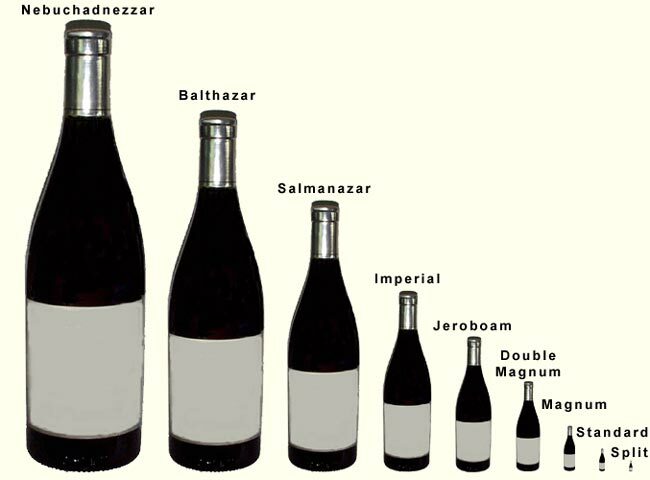Examples of Professional Ethics
Miscellanea / / February 27, 2022
It is known as deontology or professional ethics to a field of philosophical studies pertaining to applied ethics (from the Greek ethos, "custom"), whose main task is to think, build and review the moral standards that govern the exercise of a profession. That is to say, this discipline studies what is the morally acceptable, that is, ethical, way of exercising a profession.
In itself, ethics does not judge people or impose punishments: institutions and collegiate bodies are in charge of that. However, it is involved in the creation of deontological codes, which are the sets of rules that practically govern correct professional performance. These codes are necessary, in most cases, because the exercise of said Professions implies a share of power and/or responsibility towards third parties.
Professional ethics is a very vast discipline, in which there is a subfield for each profession that requires it. In this way we can talk about journalistic ethics, medical ethics, legal ethics, etc.
Examples of professional ethics
The following are some possible examples of the application of professional ethics:
- professional secrecy. Medical, legal, and psychological professionals are professionally bound by discretion as they have access to sensitive and personal information about their clients. For this reason, what these professionals talk to their clients during the exercise of their work is covered by professional secrecy and no one else can know (except if you break the law or endanger third parties). A professional who discloses such secrets or takes advantage of them is, therefore, being professionally unethical.
- professional competition. An important aspect of professional ethics has to do with training for a position and the possibility of its performance. A professional who lies about his abilities or knowingly accepts work for which he is not qualified will be exposing his clients to risk. In any case, the professional must be honest about his abilities and let the client choose to take the risk or not.
- the hippocratic oath. Medical professionals, regardless of their specialty, take an oath upon graduation public and solemn, known as the "Hippocratic oath" (in honor of Hippocrates, the Greek father of the medicine). In this oath, they commit to the fundamental principle of medicine, which is to do as little harm as possible to their patients, that is, never use your knowledge to unnecessarily put them at risk or to harm them intentionally.
- The separation of professional and personal. In all of the deontological codes, the necessary separation between the personal life and the working life of professionals is established. For example, when a teacher must evaluate his spouse, a judge must judge a family member, or a psychologist must treat a friend, in general, these situations are avoided to preserve the objectivity and honesty of professional practice.
- financial honesty. The exercise of a profession often involves managing the money of others, or advising others regarding their goods and finance, and sometimes exposes the professional to the handling of public money. Professional ethics also encompasses financial honesty: a commitment to the truth when talking about money. For example, a financial professional who inflates the figures of his company to sell his shares, or who conceals his profits to deny taxes to the State, acts in an unethical manner.
- union solidarity. Many professions have guilds and institutions designed to coordinate the free exercise of profession, so that the benefit of one or a few does not imply the detriment of the majority of its colleagues. In this sense, professionals are called to respect the will of the union and to be responsible and respectful towards their colleagues. For example, it does not look good that a professional performs his trade clandestinely when his union called a strike, seeking job improvement for all professionals.
- environmental care. An increasingly important aspect of professional ethics has to do with the impact of their work on the environment, that is, the ecological damage they cause. Professionals must be aware of this and must be willing to reduce the ecological footprint of their work, generally adapting to the maxims of reduce, reuse and recycle.
References:
- “Ethics (professional)”in Wikipedia.
- “What is professional ethics?” (video) in the University of Deusto (Spain).
- "Professional Ethics" in the United Nations (UN).
- “Professional ethics” by Gilda Colman, Celia Martínez and Jessica Acosta at the Columbia University of Paraguay.
Follow with:



